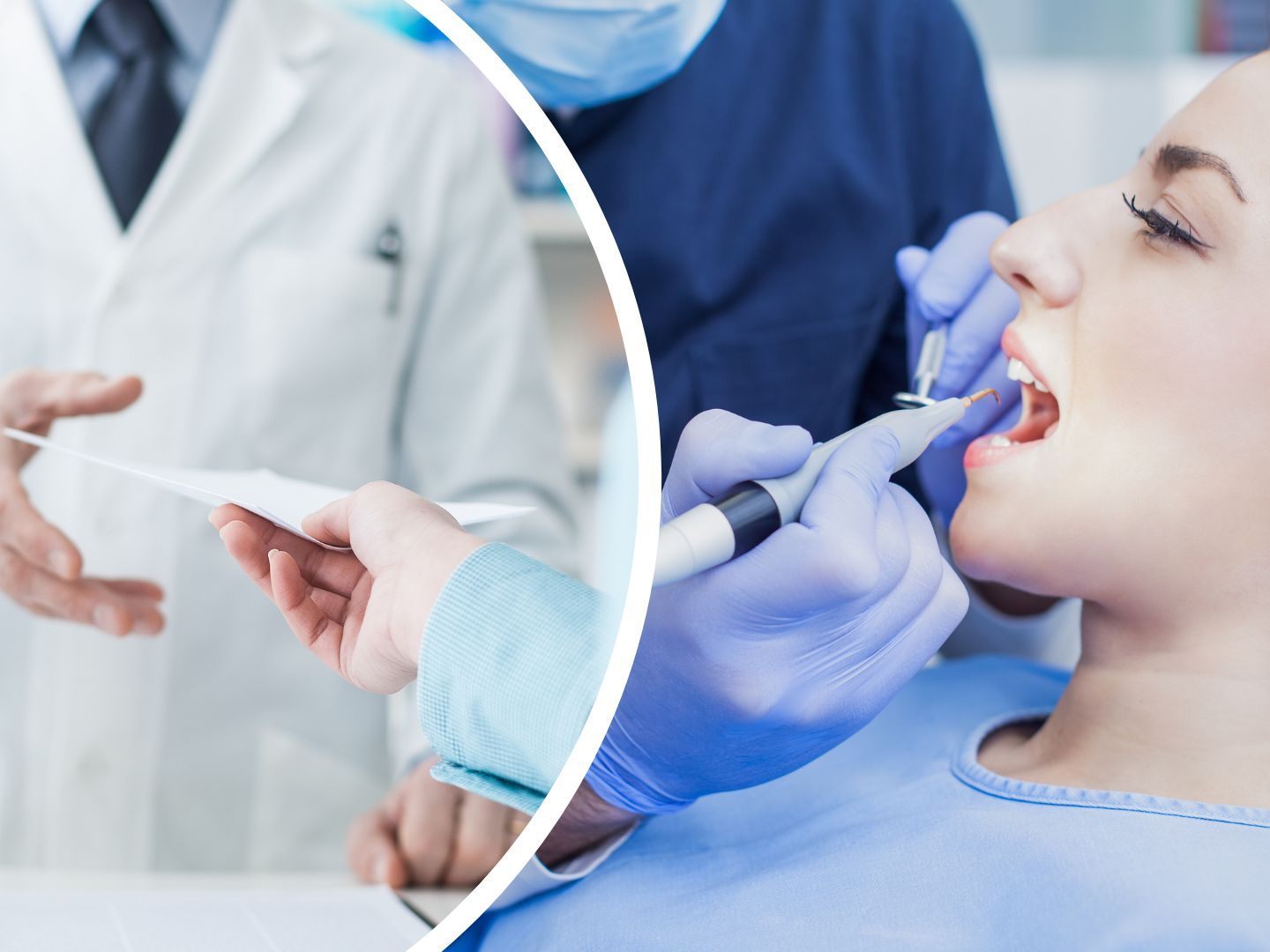The additional funds approved last year for hospitals, the expansion of primary care units and the vaccination program, as well as for new digital health services, could have a positive impact. For the first time, there will be specialist doctors for general and family medicine.

Expensive Fillings and Higher Prescription Fees: Changes for Patients in 2025
30-12-2024, 07:37
End for Amalgam Fillings: No Free Replacement from 2025
The number one controversial topic in healthcare is the ban on mercury-containing amalgam for dental fillings, which will come into force EU-wide on January 1, 2025. There will no longer be a reasonably adequate replacement that is fully paid for by the health insurance company among the nearly 2,800 dentists with a health insurance contract. The Dental Association (ZÄK) rejects the Alkasit alternative pushed by the Austrian Health Insurance Fund (ÖGK), demands higher paid contracts and only wants to accept technically inferior dental cements as a health insurance service.

Better filling material than dental cement will therefore have to be paid for privately from the beginning of the year, with the exception of Vorarlberg, where a separate billing agreement applies. Everywhere else, after submission to the insurance company, only a fraction of the invoice amount - according to ÖGK 18.74 euros for a single-surface filling, which corresponds to 80 percent of the previous amalgam tariff - will be reimbursed.
However, there are alternatives to the resident dentist: In their 61 dental health centers, the ÖGK offers amalgam-free dental fillings with Alkasit at the expense of the health insurance. Agreements have also been made with eleven private dental clinics (nine in Vienna, one each in Burgenland and Vorarlberg). The ÖGK has also offered individual contracts to dentists. Whether this will be accepted on a larger scale is questionable.
Prescription Fee Increases in 2025
As with every year, inflation will make things more expensive in the health sector: The prescription fee will rise from 7.10 to 7.55 Euros, the minimum cost share for medical aids will increase from 40.40 to 43 Euros. For self-insurance in health insurance, the contribution base for 2025 is 6,977.40 Euros, making the monthly contribution 526.79 Euros. The favoured self-insurance for students comes to 73.48 Euros per month.
Corona: First Point of Contact for ME/CFS Patients Opens
There is positive news for the rapidly growing number of ME/CFS patients due to the Corona pandemic. The first points of contact for them are expected to be operational in 2025. So far, one has only been confirmed for the state of Salzburg, a corresponding application has already been approved by the responsible state parliament committee in November. It is still unclear where this office will be located. Further such facilities, which have been demanded by experts for some time, are in prospect. Discussions are reportedly underway in Vienna, for example.
Improvement in Drug Supply
The drug supply should improve: On April 21, 2025, a stockpiling regulation comes into force, which requires the pharmaceutical industry to continuously store a four-month supply of painkillers and important antibiotics, for example, to meet nationwide demand. In total, this concerns about 700 critical drugs.
Patients will also notice that from 2025, general practitioners can apply for the title "Specialist for General and Family Medicine" at the Medical Association. This is part of a reform of medical training. Although this will not come into effect until June 2026, those who have already been working in primary care for two years can now apply for the title.
(APA/Red)
This article has been automatically translated, read the original article .




